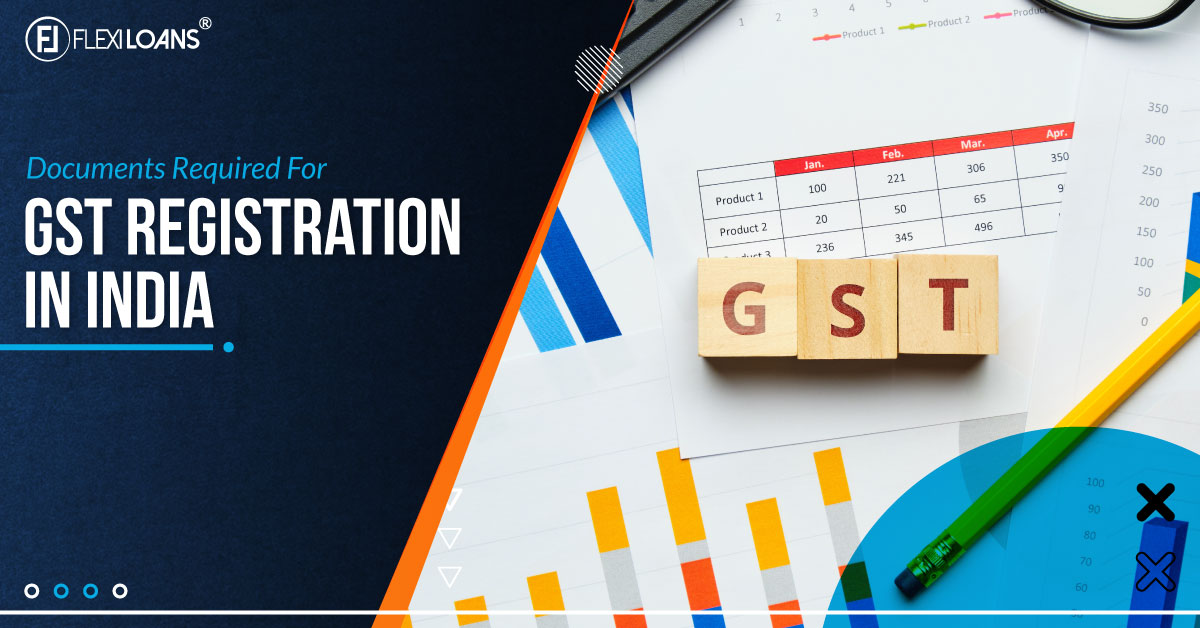Maximize Your Savings with the Best GST Registration Services in Singapore
Maximize Your Savings with the Best GST Registration Services in Singapore
Blog Article
From Begin to Finish: The Ultimate Roadmap to GST Enrollment for Companies Looking For Financial Security
Browsing the complexities of Item and Services Tax (GST) enrollment is a crucial action for businesses striving for monetary stability. From comprehending the basic principles of GST to adhering to post-registration guidelines, the procedure can seem intimidating at very first glance. Damaging down the roadmap right into convenient steps can improve the enrollment trip for organizations looking to boost their monetary standing. Allow's check out the necessary elements that make up this supreme roadmap and find how each stage adds to laying a strong structure for monetary success.
Comprehending GST Basics
Digging into the basic principles of Goods and Solutions Tax (GST) is vital for gaining a comprehensive understanding of its effects on services and the economic climate. Input Tax Credit (ITC) is a substantial function of GST, allowing businesses to assert credit history for taxes paid on inputs, reducing the total tax obligation concern. Understanding the basics of GST is essential for organizations to comply with tax policies, manage their funds efficiently, and add to the country's financial growth by participating in a transparent tax system.
Qualification Requirements for Registration
To sign up for GST, companies must fulfill specific eligibility criteria established by the federal government. The primary eligibility demand is that any type of organization involved in the supply of items or services with a yearly accumulation turn over above the threshold restriction set by the authorities must sign up for GST. Since the existing regulations, the threshold restriction for GST enrollment is an annual accumulation turnover of 40 lakhs for companies running within a state, except for unique category states where the limitation is 20 lakhs. Additionally, particular services are required to sign up for GST irrespective of their turn over, such as interstate suppliers, informal taxable individuals, and organizations reliant pay tax obligation under the reverse charge system. It is crucial for organizations to thoroughly assess their turn over and transaction types to establish their GST enrollment obligations precisely. Failing to register for GST when eligible can bring about fines and legal repercussions, making it crucial for organizations to abide by the specified eligibility standards.
Records Required for Enrollment
Having actually fulfilled the eligibility requirements for GST enrollment, services need to now guarantee they have the requisite files in position to continue with the registration procedure effectively. The papers required for GST registration normally include proof of service constitution, such as collaboration action, registration certification, or unification certificate for different sorts of companies. Furthermore, organizations need to offer documents developing the principal workplace, such as a rental agreement or electricity costs. PAN card of business, as well as the identity and address proof of promoters/partners/directors, are crucial for verification functions. Checking account declarations, along with canceled cheques or a copy of the financial institution passbook, are called for to confirm the financial information offered throughout enrollment. In addition, companies must have digital signatures all set for the authorized signature. Guaranteeing all these records are arranged and conveniently offered will accelerate the GST registration procedure, enabling companies to abide by tax obligation policies effortlessly.
Step-by-Step Enrollment Process
Commencing the GST enrollment procedure includes a collection of organized actions to guarantee a smooth and certified enrollment for businesses. The very first step is to see the GST site and fill out the enrollment kind with precise information of the company entity. Following this, the candidate receives a Temporary Reference Number (TRN) which is used to resume the application procedure if it's published here not completed in one go.
Next, all required documents based on the list supplied by the GST portal need to be posted. These files usually include proof of business identity, address and enrollment evidence of marketers, financial statements, and business entity's frying pan card.

Post-Registration Compliance Standards

Conclusion
In final thought, businesses looking for monetary stability must understand the essentials of GST, satisfy qualification criteria, collect needed papers, adhere to the step-by-step enrollment process, and conform with post-registration guidelines - Best GST registration services in Singapore. By sticking to these steps, organizations can make sure compliance with tax policies and keep monetary stability in the future
Furthermore, specific companies are needed to sign up for GST regardless of their turnover, such as interstate vendors, informal taxable persons, and organizations responsible to pay tax obligation under the reverse cost mechanism.Having actually met the qualification standards for GST registration, companies need to now ensure they have the requisite discover this documents in area to continue with the enrollment procedure successfully. The documents needed for GST enrollment generally include proof of business constitution, such as collaboration deed, registration certificate, or consolidation certification for different kinds of organizations. In addition, companies need to give files developing the primary location of service, such as a rental arrangement or electrical power costs.Beginning the GST enrollment process includes a collection of organized actions to ensure a compliant and smooth enrollment for services.
Report this page